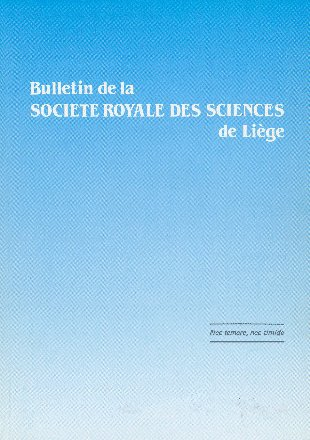- Accueil
- Volume 86 - Année 2017
- Special issue
- The Effect of Regulative Metacognition Strategies on Reading performance of Iranian Pre-intermediate Learners
Visualisation(s): 2010 (2 ULiège)
Téléchargement(s): 1168 (0 ULiège)
The Effect of Regulative Metacognition Strategies on Reading performance of Iranian Pre-intermediate Learners

Document(s) associé(s)
Version PDF originaleAbstract
Reading is one of the most important skills among all the other language skills. It helps the learner to achieve a lot of information and serves as a primary source of input, and consolidates their previous knowledge. The present study aimed at investigating the effect of regulative metacognition strategies on EFL learners' reading comprehension. A null hypothesis was proposed to answer the questions of this study: - There is no statistically significant relationship between regulative reading strategies and reading comprehension. To test this hypothesis, a sample of 126 pre- Intermediate students from an English Institution were chosen, which reduced to 77 by conducting a placement test as a proficiency test. Then they were randomly divided into two groups. The control group took placebo (usual performance) and experimental group took the treatment (regulative metacognition strategies). Before starting the study a pretest was conducted. After the treatment they administered a posttest to evaluate the significance of the treatment. Then the Independent t- test was utilized, to analyze and evaluate the data from these two tests. Results revealed from this evaluation indicated that in post-test there is a significant difference between two groups, implying that regulative metacognition strategies had a positive effect on reading comprehension.






